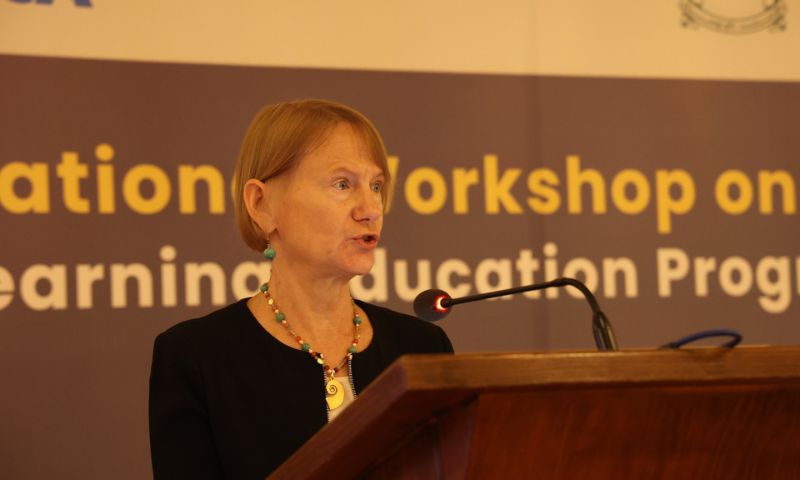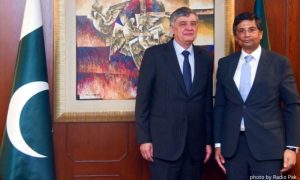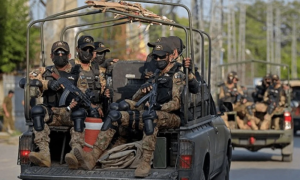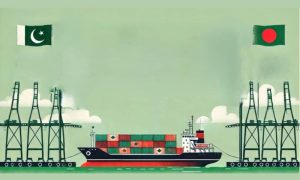ISLAMABAD: Participants at a national education workshop called upon education actors in Pakistan to work together to scale-up Accelerated Learning Programs (ALPs) to provide education for disadvantaged, over-age, out-of-school children and youth, who missed out on or had their education interrupted.
The workshop was jointly organized by the UN Refugee Agency (UNHCR) and the Japan International Cooperation Agency (JICA). The workshop brought together over 80 participants, including government officials and education stakeholders from Punjab, Sindh, Balochistan, and Khyber Pakhtunkhwa provinces.
The workshop aimed to address the pressing issue of education for disadvantaged, over-age, and out-of-school children and youth in Pakistan, many of whom have faced interruptions in their education. The discussions focused on identifying best practices, enhancing coordination, and exploring opportunities for collaboration to meet the country’s significant educational needs.
Speaking on the occasion, Ms. Philippa Candler, UNHCR’s Representative in Pakistan, emphasized the gravity of the global education crisis, noting that over 250 million children worldwide are out of school, with 26 million of these in Pakistan, including 500,000 refugee children. She praised the Government of Pakistan for its ongoing support for refugees and their education but stressed the critical role of ALPs in providing educational opportunities for out-of-school refugee adolescents and youth.
“Programs like ALP are crucial for helping refugee children, especially girls and young women, access and complete primary education and transition to secondary education,” Ms. Candler stated. She called for a collective effort to enhance the educational landscape in Pakistan for both refugee and host community children, reaffirming UNHCR’s commitment to developing supportive policies and programs.
Mr. Naoaki Miyata, JICA’s Country Chief, also underscored the importance of this initiative. With 67 percent of Pakistan’s population under the age of 30, Miyata highlighted JICA’s focus on human capital development through improved access to quality education. He emphasized that the workshop was a critical step in advocating for impactful measures and accelerated education policies to address the out-of-school challenges facing the country.
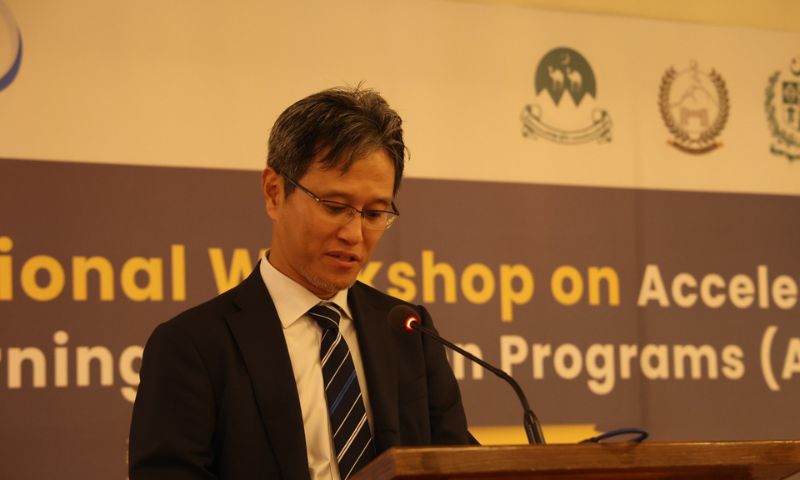
Sohail Akhtar Malik, Senior Joint Secretary at the Ministry of Federal Education and Professional Training referenced the Prime Minister’s declaration of an education emergency and stressed the need for innovative and cost-effective solutions. Malik highlighted the potential of digital technology and the ALP in addressing the educational needs of out-of-school children.
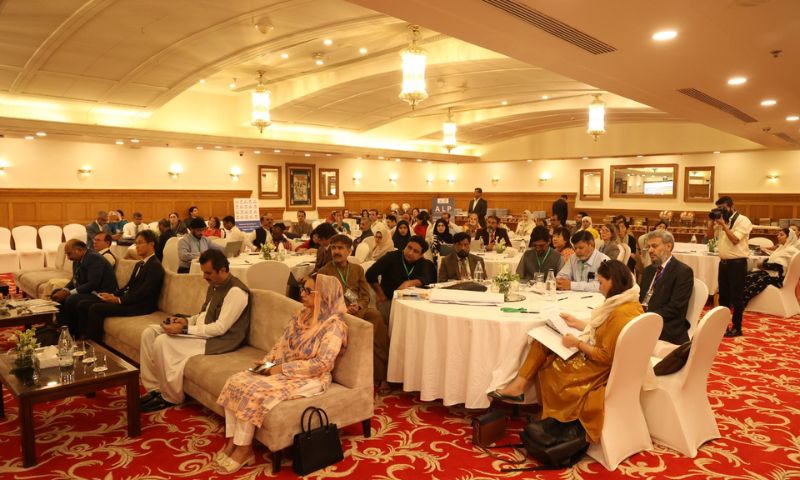
During the workshop, participants shared successful initiatives, including the Allama Iqbal Open University’s delivery of ALP (Middle-Tech) to approximately 3,000 children nationwide. These discussions underscored the importance of both scaling existing efforts and exploring new strategies to tackle the education crisis.
Following the workshop, provincial-level consultations will commence, leading to national technical discussions in September. The goal is to agree on a unified approach to accelerated education, ensuring that ALPs are accredited and effectively support all children in need, irrespective of their status.









